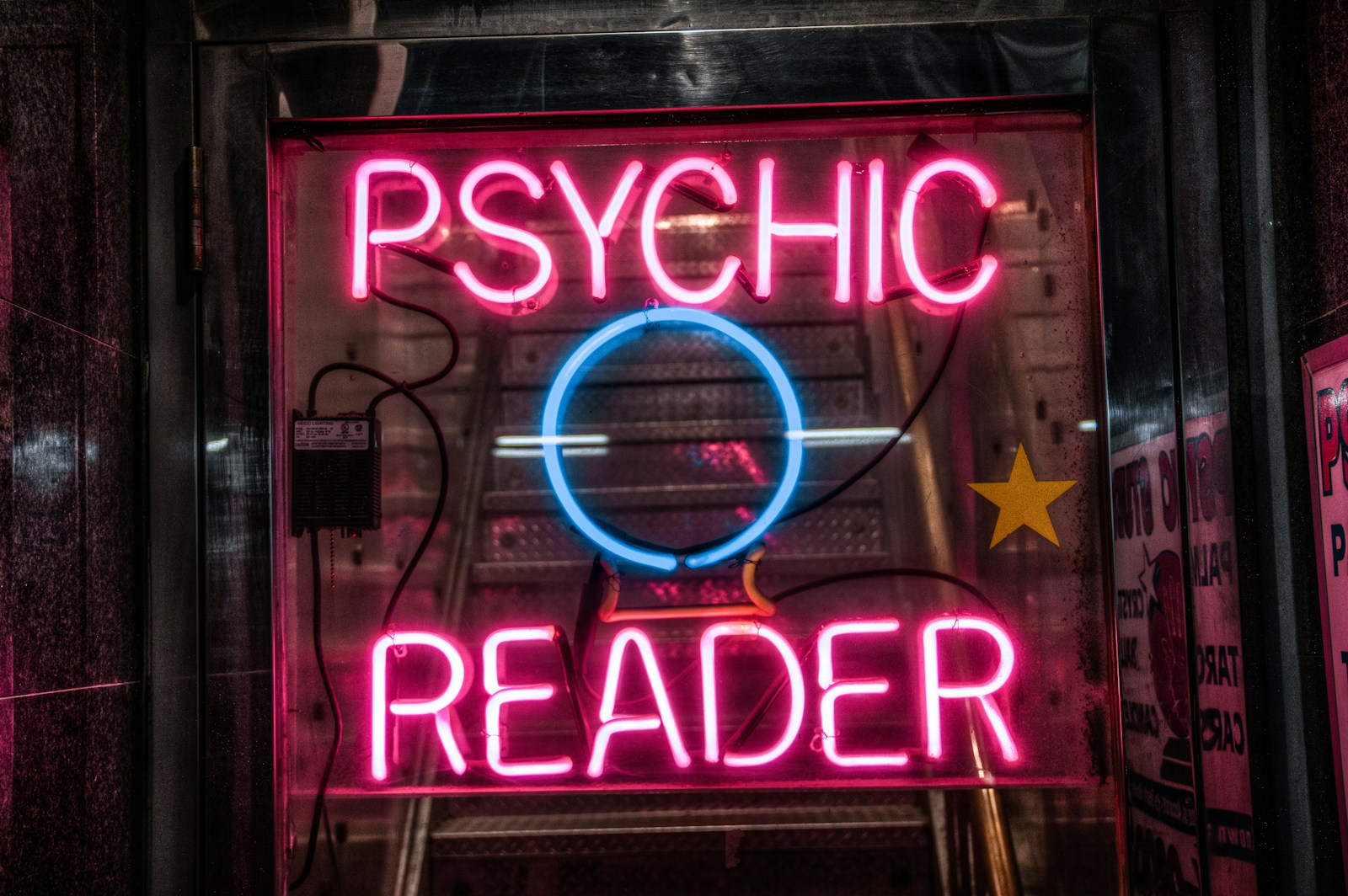The Search for a Secret Story: Deconstructing the Psychology of Conspiracy Theories

They are a pervasive feature of our modern information landscape. The belief that the moon landing was faked, that a secret cabal controls the world, that major tragic events were "false flags"—conspiracy theories have moved from the fringe to the mainstream, promoted by social media algorithms and political actors. While it is easy to dismiss these beliefs as irrational, a deeper look reveals that they are often rooted in a set of powerful and deeply human psychological needs.
To deconstruct the psychology of conspiracy theories is to understand that they are not just a failure of knowledge, but a fulfillment of need. Psychological research suggests that people are drawn to conspiratorial thinking when three fundamental needs are not being met: the need for knowledge and certainty (epistemic), the need for control and security (existential), and the need to belong and maintain a positive self-image (social).
The Epistemic Need: Seeking Certainty in a Chaotic World
The world is a complex, confusing, and often random place. Major events, like a global pandemic or a financial crisis, can occur without a clear or simple explanation. This uncertainty is psychologically uncomfortable.
Conspiracy theories offer a seductive solution. They provide a simple, comprehensive, and internally consistent narrative that explains a complex event. They connect the dots, find the hidden patterns, and identify a clear villain. In a chaotic world, the conspiracy theory offers the comfort of a secret story, a sense of having access to special, privileged knowledge that others do not. For the believer, it is a way of imposing order on a disorderly world.
The Existential Need: Reclaiming a Sense of Control
When people feel powerless and anxious about their safety and security, they are more likely to be drawn to conspiracy theories. Believing in a conspiracy can, paradoxically, be more comforting than accepting that a tragic event was the result of randomness or incompetence.
The idea that a powerful, evil group is secretly controlling events is, in a strange way, less terrifying than the idea that no one is in control at all. If there is a conspiracy, then at least there is a plan. This provides the believer with a clear target for their anger and a sense of agency. By "exposing" the conspiracy, they feel they are reclaiming a measure of control over a world that feels threatening and unpredictable.
The Social Need: The Comfort of a Community
Finally, conspiracy theories are a deeply social phenomenon. In an era of social fragmentation and declining trust in mainstream institutions like government, science, and the media, conspiracy theories can provide a powerful sense of community and belonging.
Believing in a shared conspiracy theory creates a strong in-group identity. The believers see themselves as a community of enlightened freethinkers who have seen through the official narrative. Everyone else—the "sheeple"—is part of the out-group. This shared identity can be a powerful source of self-esteem and social validation, particularly for individuals who feel marginalized or ignored by society. The online communities that form around these theories provide a powerful sense of belonging and reinforcement, creating an echo chamber where the belief is strengthened and any dissenting information is dismissed as part of the conspiracy itself.
These three needs—for certainty, control, and community—are powerful human motivators. As long as our world continues to be a place of uncertainty and anxiety, and as long as trust in our institutions remains low, the appeal of the secret story will remain a potent force in our society.
